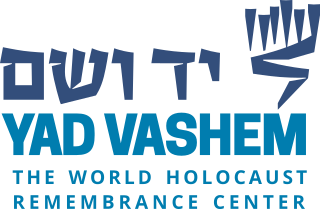
Yad Vashem is Israel's official memorial to the victims of the Holocaust. It is dedicated to preserving the memory of the Jews who were murdered; echoing the stories of the survivors; honoring Jews who fought against their Nazi oppressors and gentiles who selflessly aided Jews in need; and researching the phenomenon of the Holocaust in particular and genocide in general, with the aim of avoiding such events in the future. Yad Vashem's vision, as stated on its website, is: "To lead the documentation, research, education and commemoration of the Holocaust, and to convey the chronicles of this singular Jewish and human event to every person in Israel, to the Jewish people, and to every significant and relevant audience worldwide."

Yehoshua Porath was an Israeli historian and professor of Middle East history.

Gideon Hausner was an Israeli jurist and politician. Between 1960 and 1963, he served as Attorney General and was later elected to the Knesset and served in the cabinet. Hausner is most widely known for heading the team of prosecutors at the war crimes trial of Adolf Eichmann in Jerusalem in 1961.

Abba Kovner was a Jewish partisan leader, and later Israeli poet and writer. In the Vilna Ghetto, his manifesto was the first time that a target of the Holocaust identified the German plan to murder all Jews. His attempt to organize a ghetto uprising failed. He fled into the forest, joined Soviet partisans, and survived the war. After the war, Kovner led Nakam, a paramilitary organization of Holocaust survivors who sought to take genocidal revenge by murdering six million Germans, but Kovner was arrested in British-occupied Germany before he could successfully carry out his plans. He made aliyah to Mandatory Palestine in 1947, which would become the State of Israel one year later. Considered one of the greatest authors of Modern Hebrew poetry, Kovner was awarded the Israel Prize in 1970.
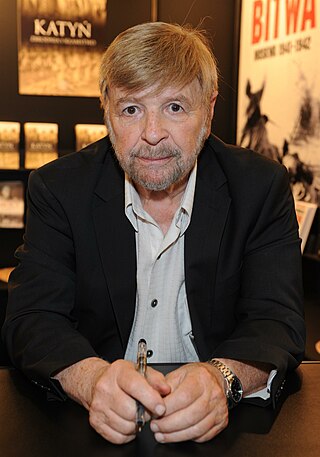
Shevah Weiss was an Israeli politician who served as Knesset Speaker under Yitzhak Rabin. He was Israel's ambassador to Poland and chairman of Yad Vashem.
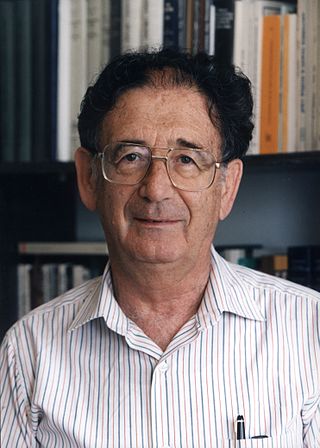
Yehuda Bauer is a Czech-born Israeli historian and scholar of the Holocaust. He is a professor of Holocaust Studies at the Avraham Harman Institute of Contemporary Jewry at the Hebrew University of Jerusalem.

Anita Shapira is an Israeli historian. She is the founder of the Yitzhak Rabin Center, professor emerita of Jewish history at Tel Aviv University, and former head of the Weizmann Institute for the Study of Zionism at Tel Aviv University. She received the Israel Prize in 2008.
The Encyclopedia of the Holocaust (1990) has been called "the most recognized reference book on the Holocaust". It was published in an English-language translated edition by Macmillan in tandem with the Hebrew language original edition published by Yad Vashem, the Holocaust Remembrance Authority in Israel. All its contributors are reputable Holocaust scholars and academics. Although the encyclopedia is easy to read and use and contains no disturbing pictures, it is not recommended for users younger than high school age.

Nakam was a paramilitary organisation of about fifty Holocaust survivors who, after 1945, sought revenge for the murder of six million Jews during the Holocaust. Led by Abba Kovner, the group sought to kill six million Germans in a form of indiscriminate revenge, "a nation for a nation". Kovner went to Mandatory Palestine in order to secure large quantities of poison for poisoning water mains to kill large numbers of Germans. His followers infiltrated the water system of Nuremberg. However, Kovner was arrested upon arrival in the British zone of occupied Germany and had to throw the poison overboard.

Yoav Gelber is a professor of history at the University of Haifa, and was formerly a visiting professor at the University of Texas at Austin.

Yair Auron is an Israeli historian, scholar and expert specializing in Holocaust and genocide studies, racism and contemporary Jewry. Since 2005, he has served as the head of the Department of Sociology, Political Science and Communication of The Open University of Israel and an associate professor.

Tuvia Friling is an Emeritus professor at Ben-Gurion University of the Negev, Israel. Previously he served as a senior researcher at the Ben-Gurion Research Institute for the Study of Israel and Zionism and a lecturer at the Israel Studies Program both at Ben-Gurion University of the Negev.
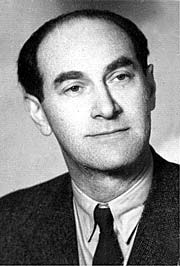
Henryk Hechtkopf was an artist, painter, and illustrator. His work encompassed a range of subjects and artistic styles, including biblical scenes, portraits, surrealism, and abstract expressionism. Hechtkopf was also a filmmaker and taught at the Łódź Film School. He illustrated numerous children's books in Israel, including the widely used "Mikraot Israel" series. Hechtkopf's art was influenced by his Jewish background and his experiences during World War II, with some of his works depicting the aftermath of the Holocaust being acquired by Yad Vashem. He received several awards for his artistic contributions, including the Shalom Aleichem Prize and the Israel Culture Foundation Prize.
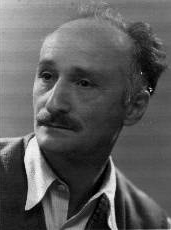
Alexander Bogen was a Polish-Israeli visual artist, a decorated leader of partisans during World War II, a key player in 20th century Yiddish culture, and one of the trailblazers for art education and Artists' associations in the emerging state of Israel.
"Like sheep to the slaughter" is a phrase that refers to the idea that Jews went passively to their deaths during the Holocaust. It derives from a similar phrase in the Hebrew Bible that favorably depicts martyrdom in both the Jewish and Christian religious traditions. Opposition to the phrase became associated with Jewish nationalism due to its use in Josippon and by Jewish self-defense groups after the 1903 Kishinev pogrom. During the Holocaust, Abba Kovner and other Jewish resistance leaders used the phrase to exhort Jews to fight back. In postwar Israel, some demonized Holocaust survivors as having gone "like sheep to the slaughter" while armed resistance was glorified. The phrase was taken to mean that Jews had not tried to save their own lives, and consequently were partly responsible for their own suffering and death. This myth, which has become less prominent over time, is frequently criticized by historians, theologians, and survivors as a form of victim blaming.
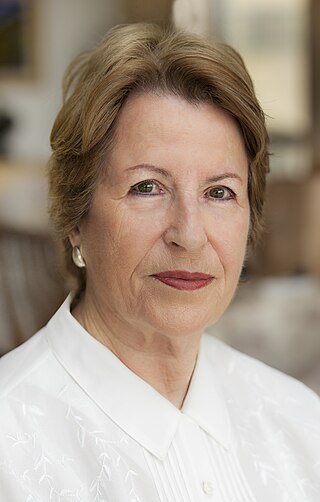
Dvora Hacohen is an Israeli historian and professor in the Department of Land of Israel Studies and Archaeology at Bar-Ilan University in Israel. Her research interests are in the development of Israeli society.
Dalia Ofer was the Professor of Holocaust and East European Studies at the Institute of Contemporary Jewry, The Hebrew University of Jerusalem.
Dan Michman is a Jewish historian. He is the head of the International Institute for Holocaust Research at Yad Vashem in Jerusalem and incumbent of the John Najmann Chair of Holocaust studies.

Roni Stauber is an Israeli historian. He is an Associate Professor in the Department of Jewish History at Tel Aviv University. Stauber serves as the Director of the Goldstein-Goren Diaspora Research Center and the Director of the university's Diploma Program in Archival and Information Science. Stauber is also a member of the academic committee of Yad Vashem. His research focuses on various aspects of Holocaust memory and the formation of Holocaust consciousness in Israel and around the world. In particular, he examines the interrelations between ideology and politics, and between collective memory and historiography, with a focus on Israeli-German relations.
Amit Varshizky is an Israeli scientist specializing in intellectual and cultural history of Nazi Germany, racial science and racial philosophy in early 20th-century Germany, and political theology and secularization theory with focus on modern German philosophy.















